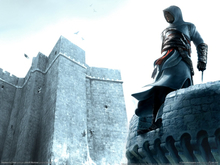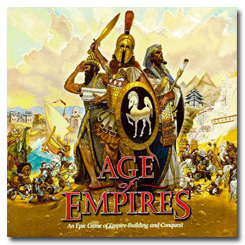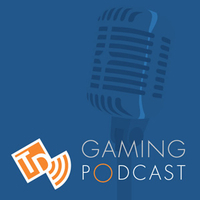 It was April of 2008 when we saw Assassin’s Creed show up on the PC, however in early February the game appeared on Internet pirate sites causing an estimated 700,000 downloads of the pirated copy of the game. The disc-copy manufacturer has assumed responsibility of the issue after finding an employee in possession of one of their copies of Assassin’s Creed at their home.
It was April of 2008 when we saw Assassin’s Creed show up on the PC, however in early February the game appeared on Internet pirate sites causing an estimated 700,000 downloads of the pirated copy of the game. The disc-copy manufacturer has assumed responsibility of the issue after finding an employee in possession of one of their copies of Assassin’s Creed at their home.
First, the disc-copy firm has said they haven’t enforced their high level of security needed to keep copies of the game in their possession. The earliest leaks of the pirated Assassin’s Creed was traced to an employees house, leading Ubisoft to assume “gross negligence” on the part of the manufacturer, inspiring the lawsuit.
To top off matters, pre-release copies of Ubisoft’s Assassin’s Creed contained a hidden bug to crash the game mid-way through, which makes their title look bad when sent to the mass market pirating audience (do they really need to impress pirates?)
This isn’t the first time copies of a game, music or movies have made their pre-release debut on torrents and pirate sites. As for us, we find it odd that someone who managed to sneak out the game early wouldn’t have simply enjoyed it in the comfort of their own home choosing to pirate it and hurt the industry instead. Hopefully they’ve been given their pink slip for being irrisponsible and hurting everyones reputation. Hope they really feel like a liberated hero now.
(Thanks, gamespot)

 In 1995 Ensemble Studios formed as an independent studio and kicked out a little game franchise known as Age of Empires. The title has received many accolades from the first in the franchise extended out to all the Age of Empires releases and spin-offs, all-in-all selling millions of copies.
In 1995 Ensemble Studios formed as an independent studio and kicked out a little game franchise known as Age of Empires. The title has received many accolades from the first in the franchise extended out to all the Age of Empires releases and spin-offs, all-in-all selling millions of copies. Will Wright Leaves Electronic Arts
Will Wright Leaves Electronic Arts
0 thoughts on “Ubisoft Sues After Assassin’s Creed Leaks”